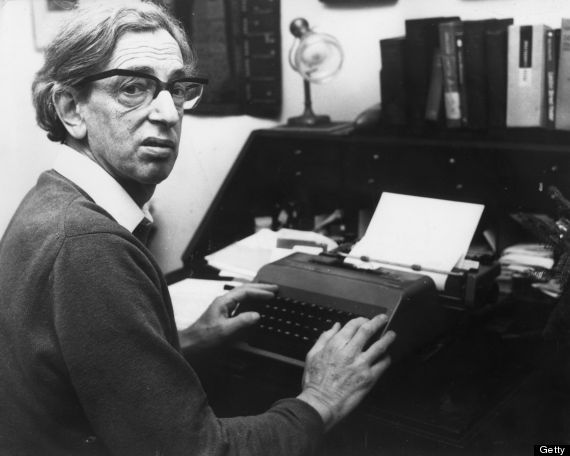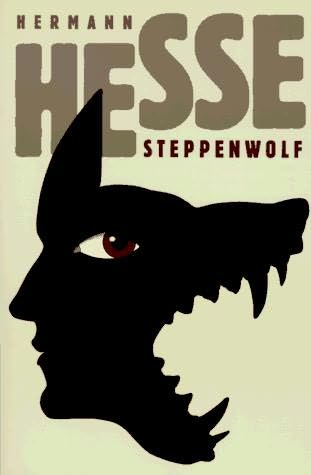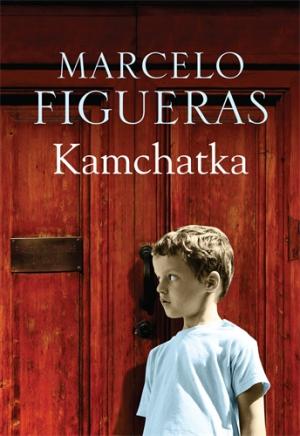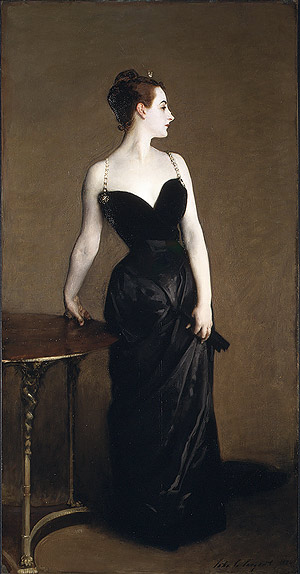
“Why coal, coasts, and culture matter” by Robert Allen, Jeffrey Sachs and Deirdre McCloskey.

“Why coal, coasts, and culture matter” by Robert Allen, Jeffrey Sachs and Deirdre McCloskey.


Among Shapley’s incredible contributions to theoretical economics, the matching algorithm he developed with David Gale in 1962 would appear relatively insignificant. He developed the Shapley value (a “fair” way of dividing surplus in cooperative games), he characterised the core (a set of outcomes that cannot be improved on by a group of players) in a large class of (“convex”) games, and, more recently developed “potential games”, which find applications in many areas, including engineering.
But thanks to Al Roth (and others, including Vince Crawford), it is precisely Shapley’s algorithm that changed the way we think about markets. What “market designers” realised is that a stability and truth-telling in a market can be just as important efficiency (and that it’s not possible to achieve all three!) in applications. Roth’s work turned Shapley’s marriage market from an intellectual curiosity to a cornerstone of economic theory and practice. He also made it cool.

An incredibly lucid, powerful book by the most popular philosophy professor in the world.

His three Ages – The Age of Revolution, 1789-1848; The Age of Capital, 1848-1875, and The Age of Empire 1875-1914 – were the first serious history books I read.

Two hours cannot be enough for Tom Stoppard to convey his love for Tolstoy’s greatest book.

This book put my faith in social science back. Nothing about human interactions is obvious and social dynamics can be harder to explain than the Big Bang. But it’s an exciting time to give it a shot.
Astonishing documentary, indeed.

I miss reading bad books. My addiction to reviews means I end up intentionally avoiding a lot of wonderful writing. Worst of all I have almost forgotten the surprise of unearthing a masterpiece. High five-star expectations only cause bigger disappointments.
We need to read bad books to know how good they can be. We should not take good writing for granted. It is hard and it is rare.
“Life is too short for bad books and bad wine,” a wonderful LSE professor once told me. Since I hardly remember what corked books taste like, I am not even sure whether most of what I read is actually a good vintage.
A sort of book, I would have enjoyed even more if I read when I was 17.

My first ever Glyndebourne dress rehearsal. Countess (Sally Matthews) and Cherubino (Isabel Leonard) were a revelation.

Those I reread thrice are “After the Race”, “An Encounter” and “The Dead”.

A story of a dissident family pursued by the Argentine junta through the eyes of a child. Poignant, funny, and brilliant. Translated by Frank Wynne. Thanks to Radio 4’s Bookclub for the tip.

I went to see this:

But came across a painting I found even more perplexing:

“The results are preliminary but the five-sigma signal at around 125 GeV we’re seeing is dramatic. This is indeed a new particle.”
